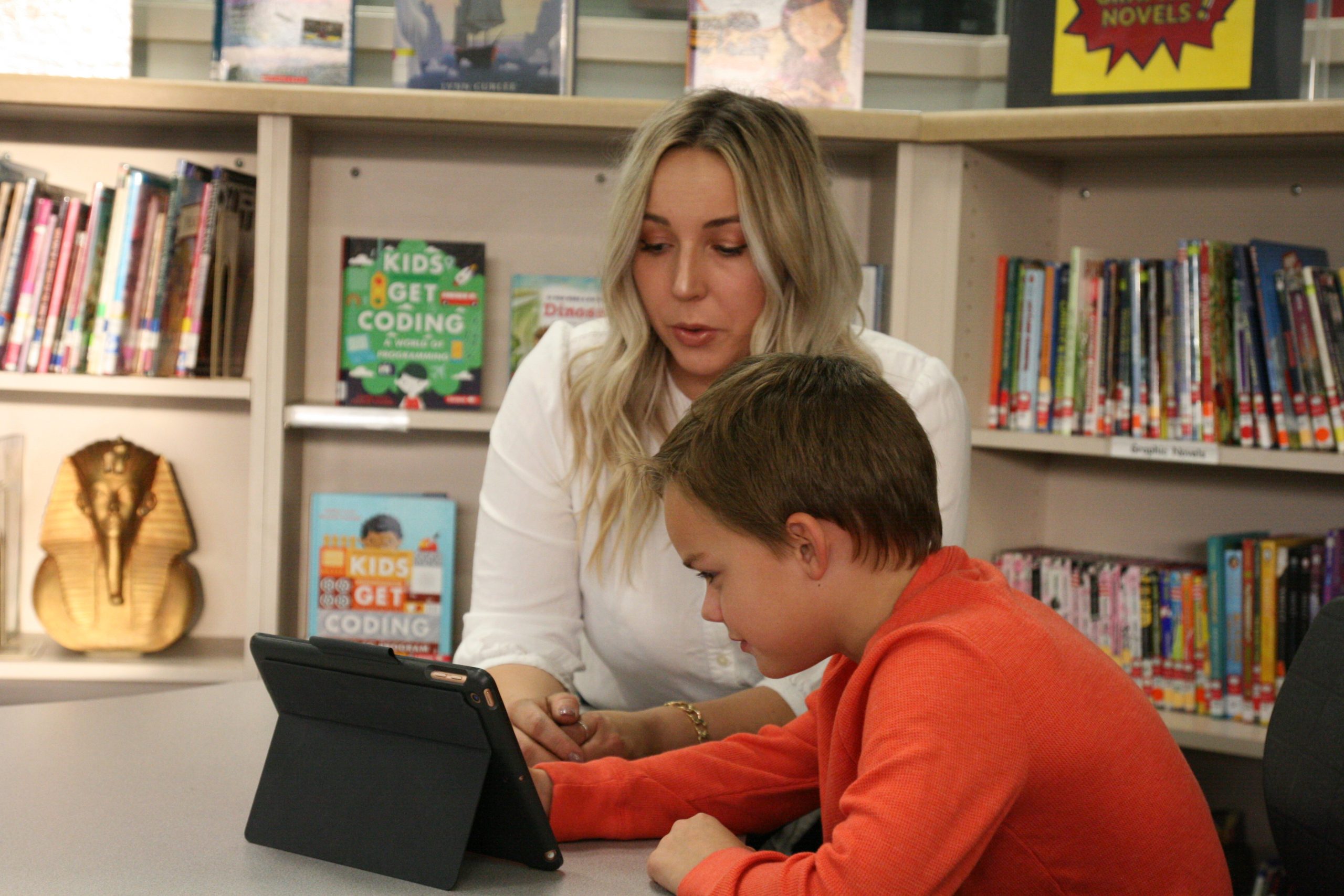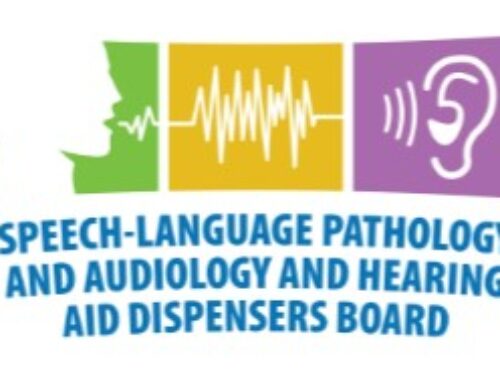How can we begin services with the end in mind? Appropriate dismissal is planned from the first eligibility meeting. Here’s an example for a student who has comprehension issues and doesn’t self-advocate effectively.
- Consider all three prongs of eligibility: presence of an impairment; adverse educational impact: and need for specialized instruction.
- Use a parent friendly bell curve when discussing results, pointing out how teachers regularly review and enrich curriculum for students with varying strengths. When needed, speech services are an additional support.
- Discuss dismissal/reduction of services at the first eligibility meeting and every meeting thereafter. “Every year, we reconsider the least restrictive environment for meeting your student’s needs. Goals and services will be modified at least annually. As the student improves, goals may not need to be addressed directly by the speech pathologist.”
- Discuss the importance of parent involvement. Example: “Compliment the student when he uses his strategies, even if it is just once a day. Just as you don’t sit up straight all the time and hate being nagged, the most encouraging thing you can do is catch him when he uses his new speech/language strategies. One quick compliment from you is worth a pound of encouragement from us.”
- Develop goals collaboratively. Example: if the student is addressing a clarification goal, share responsibility with the resource teacher, who can encourage the student while completing reading activities.
- Consider alternative service delivery models that meet needs across settings. For example, would a combination of pull out and in-class sessions help all students in the class build clarification strategies? Can you help develop a peer system?
- Encourage immediate generalization of skills. For example, if your student demonstrates how to question unfamiliar vocabulary, notify the classroom teacher so that she can “seed” the skill and reinforce its use in science class that day. Email the parent to model specific types of questions at home “I didn’t hear you just now… did you say XYZ?”
- Be clear with parents that skills in language are developed across daily environments, and that speech therapy is only one of several avenues (including peer modeling, response from listeners, academic growth) that strengthen these abilities. We all work collaboratively as a team.
For more ideas on addressing dismissal, we recommend Sarah Wu’s article on celebrating dismissal from speech services and her companion article on what to do when parents aren’t ready for dismissal.




